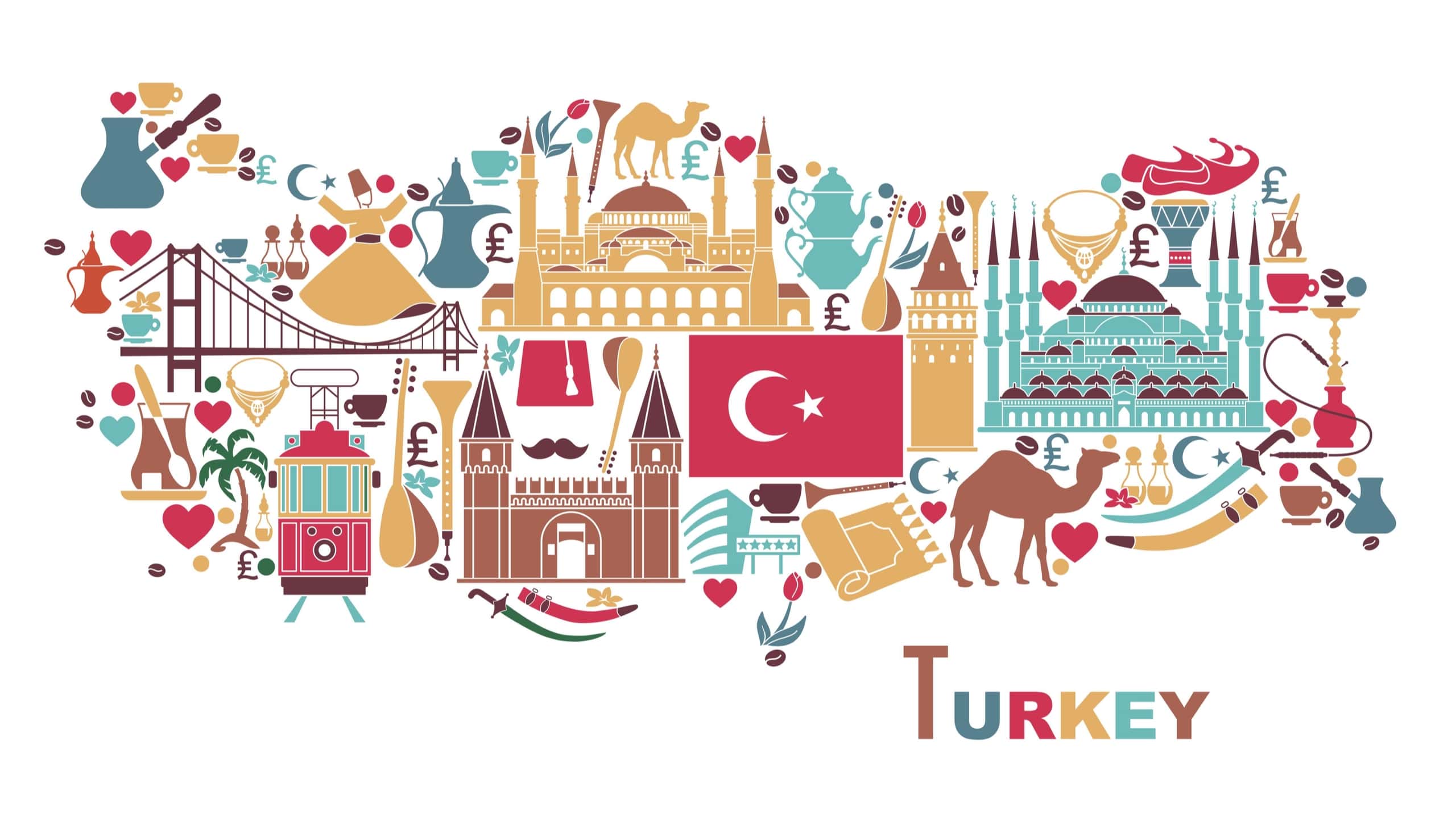Turkey
In Turkey, police clearances (criminal background checks/records, Adli Sicil Kaydi) are issued by the Public Prosecutor’s Office within the Ministry of Justice. This may be requested by the individual in person at the Prosecutor’s Office and is produced on demand immediately and affixed with a red seal for veracity.
A police clearance is also available via an individual’s electronic government account, called an E-devlet account. The individual logs into the account with a personal passcode and can print this and other personal government documents such as birth certificates and address registration documents. Veracity of the online document is confirmed by a unique bar code at the bottom of the document. This bar code can then be confirmed online for legitimacy. The document can be generated in English as well.
As Turkey is a signatory of the Apostille Convention, it will issue an apostille for this police clearance as long as it is destined for another apostille country. In January 2019, Turkey initiated an online apostille process for a few specific personal civil documents. Currently the process is applicable only to Turkish citizens and only for police clearances and court orders. The plan is to expand this to other documents, such as birth, death, and marriage records; diplomas; transcripts; and corporate establishment documents.
For more information, contact Vivian Zhu – the head of WR’s Global Immigration Department.


